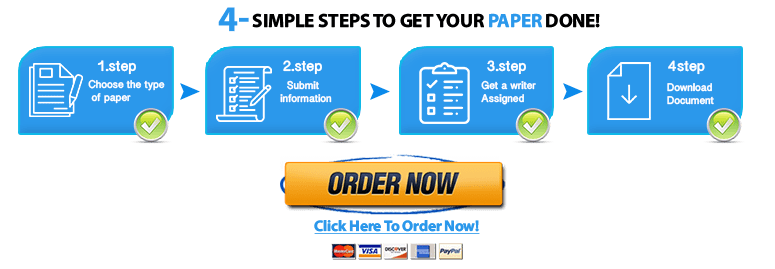Dishonesty and the Tragedy of the Commons [40 points] Ariely’s findings about dishonesty support the philosophical conundrum of the “tragedy of the commons.”.
ISS305: Reading Diary Questions Module #4
4 Total Questions Q1: Dishonesty and the Tragedy of the Commons [40 points] Ariely’s findings about dishonesty support the philosophical conundrum of the “tragedy of the commons.” First, give us a quick rundown of the tragedy of the commons (using your own words; it would be ironic to get dinged for academic dishonesty here). Now find and describe an example of the tragedy of the commons that you have experienced in your life, or that you see happening in the world. (Note that we also have access to Wikipedia and the other common examples, so do spend some time here coming up with something that is novel/interesting) How was this tragedy of the commons dealt with? How did the parties respond? Was the remedy for this tragedy of the commons effective? How might you apply Ariely’s findings about dishonesty to this tragedy of the commons to make the remedy more effective? Q2: Behavior Explained [40 points] Throughout Predictably Irrational, we are presented with research that shows us that while we think we are in the driver’s seat of our decisions, we are “pawns in a game whose forces we largely fail to comprehend.” For this question, we would like you to become a behavioral economist. You will describe a situation where you have seen people behave in a manner that is irrational. Then we would like you to design an experiment which explains this irrationality. How will you divide participants into a control and treatment group? What potential issues might your experiment face? How would you overcome those issues? And finally, while you obviously cannot perform your experiment, what answers might you find that explain why your subjects behaved so irrationally? Q3: The Power and Perils of Statistics [30 points] In your opinion, wherein lies the greatest potential benefit of statistical inference? That is, are the greatest advances and gains to be made within the field of medicine, economics, or some other field? Why this field? Name at least one specific benefit that your chosen field might bring in the near future with the help of statistics, and precisely how statistics can help. Next, wherein lies the greatest danger of the abuse of statistical inference? That is, in what field would such abuse have the worst consequences? (This may be either the same field whose potential advances you’ve already discussed, or a different field.) Again, why this field? Name a specific possible abuse of statistics that you think could lead the field’s research astray in such a way as to have such consequences.
Q4: Programmatic Self-Evaluation [40 points] Think about the kinds of program evaluations that would relate to your life, the comparisons that might be made between you as you are now and certain counterfactuals in which one of your characteristics is changed. For example, you are most likely seeking a college degree, but how would certain ‘dependent variables’ – like your life expectancy or your likely wealth at age 65 – be changed if you weren’t? Wheelan touches on this example, so come up with two different characteristics of your own life (ideally, the outcomes of some of the more important decisions that you’ve made in the past, like the decision to seek a degree), and imagine yourself without each of these characteristics (one at a time, of course, so as to isolate the effects of each). Don’t worry about how you would design a test of the effects of each characteristic – each ‘treatment’ – but think about what these effects might be. What might the significant differences be between yourself and each of your two counterfactuals, in terms of things like long-term health, long-term earnings, long-term happiness, etc.? For each of your two comparisons, make two suggestions as to what the ‘treatment effects’ of your two real-life characteristics might be. (You probably won’t be able to be very precise, but that’s okay.)
